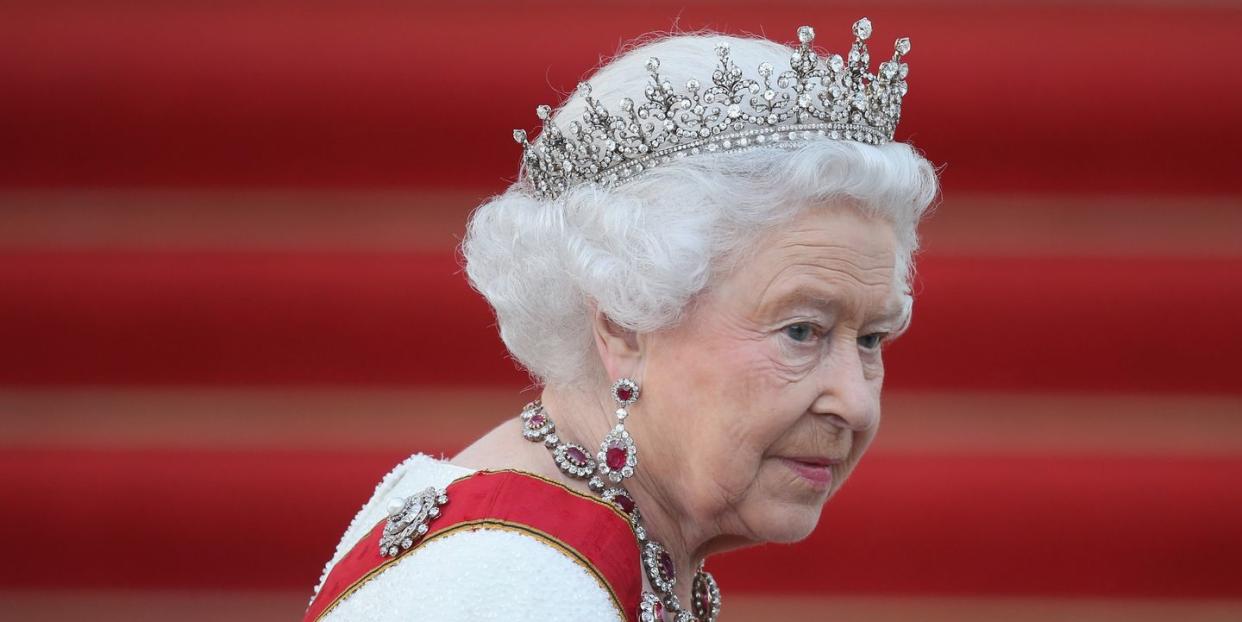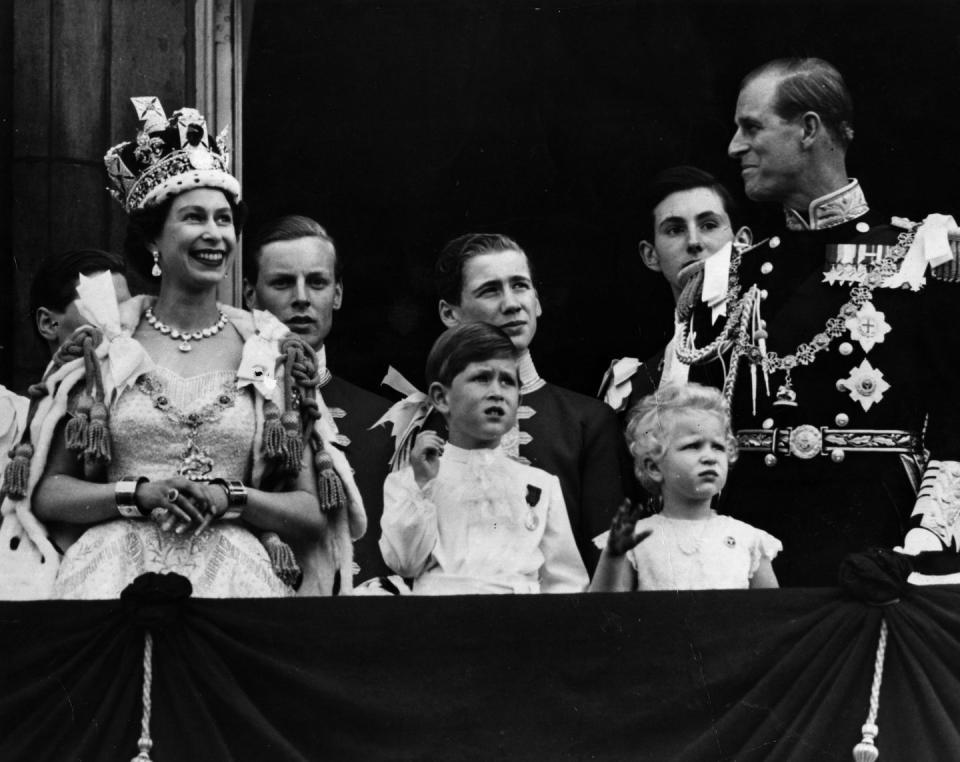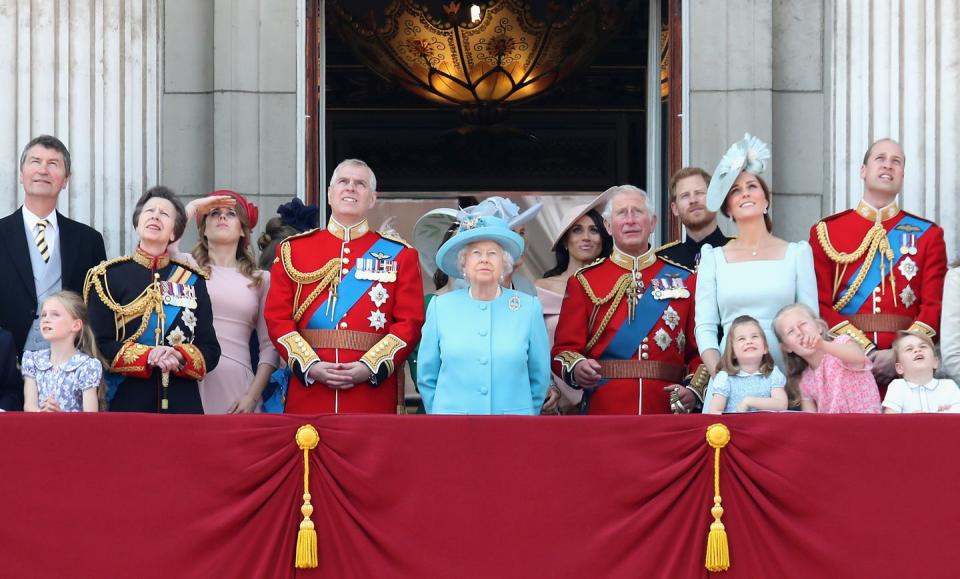Queen Elizabeth II Is the Ultimate Matriarch

Some of the most significant remarks Queen Elizabeth II has made during her reign came in 1997, when she addressed the nation following the death of Princess Diana. Speaking from the balcony of Buckingham Palace, with the grieving crowds visible below, the monarch began by saying, “What I say to you now, as your queen and as a grandmother, I say from my heart.”
Her tribute was meant to comfort a nation in mourning that had been hungry to hear from its head of state. But Diana’s tragic death also brought sharply into focus the queen’s role as a grandmother to two young boys who had just lost their mother. Although it has perhaps never been more clear than in that moment, balancing her public and private positions is something the queen has always had to do. The monarchy may be referred to as “the Firm,” but it is, first and foremost, a family.
Indeed, it was the sudden death of her own father, King George VI, in 1952, that led to Elizabeth succeeding to the throne when she was just 25 years old. Traditional gender roles were reversed as she took on the top job and her husband, Prince Philip, gave up his naval career to support her. Prince Charles was three and Princess Anne only one when their mother became “mother of the nation.” Despite the challenging timing, the queen’s sense of duty was paramount.
Almost seven decades later, she has four children, eight grandchildren, and eight great-grandchildren, in a reign that has spanned the tenures of 14 prime ministers. One of her most frequently quoted remarks is “I have to be seen to be believed,” and even at 94 the queen remains very much at the helm of the monarchy. Her ability to rally and reassure were epitomized by the address she gave when the coronavirus pandemic took hold; she comforted the world when she asserted, “We will meet again.”

While preserving many traditions, the queen has also recognized that the monarchy must modernize to survive. She has presided over the creation of the royal family’s websites and social media accounts and encouraged her descendants to forge their own paths. If anything, the public’s fascination with the royals has increased, with millions of people now reliving the queen’s ups and downs through her portrayal on The Crown.
Meanwhile, in real life, the twilight phase of her reign has presented some of her biggest challenges. As the pandemic and Brexit pose problems for Britain, the controversy over Prince Andrew’s friendship with the late Jeffrey Epstein continues to cause significant damage to the monarchy’s reputation.

The Firm also lost two of its biggest stars at the start of this year, when Prince Harry and Meghan Markle decided to quit the royal life. Although she is no longer their boss, the queen has emphasized that they will always remain a “valued part of my family.”
From time to time, the question arises whether the queen will ever abdicate. The famous speech she made at 21 dedicating her “whole life” to “service” is often used to dispute the idea that she would ever step back. When it comes to being a mother, grandmother, and great-grandmother, however, there can be no question that these jobs are ones she’ll hold for life.
This story appears in the November 2020 issue of Town & Country.
SUBSCRIBE NOW
You Might Also Like


